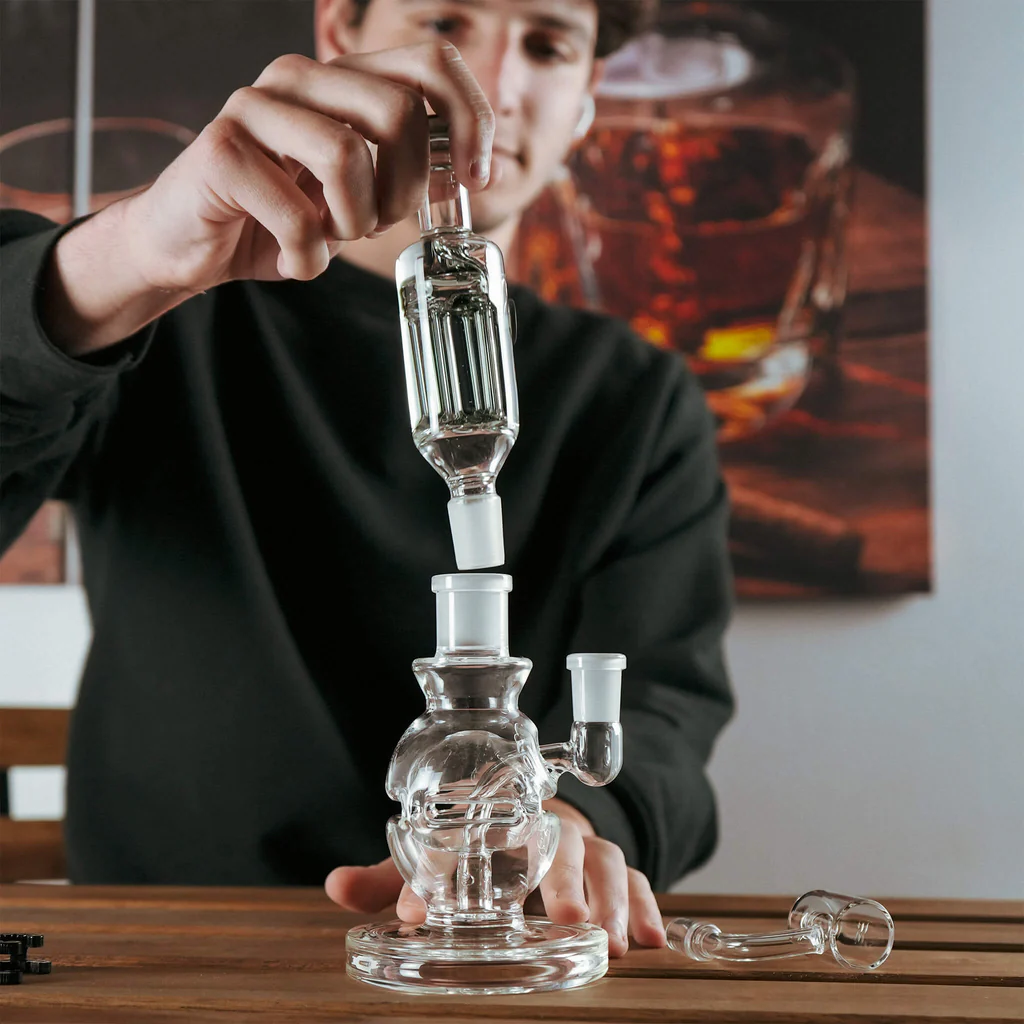Getting a good night’s sleep is crucial for overall health and well-being. Many people struggle with sleep issues and relaxation, leading them to explore various remedies. One compound that has gained attention for its potential benefits in this area is THCA. THCA is the precursor to THC and converts to THC when exposed to heat through a process called decarboxylation.
- Sleep-enhancing properties of THCA
Research suggests that THCA may have properties that could potentially aid in sleep and relaxation. While studies are still ongoing, early findings indicate THCA interacts with the body’s plays a role in regulating sleep patterns and mood. Many individuals seeking natural sleep aids have turned to the flower for sale, as it provides a way to experience the potential benefits of THCA without the psychoactive effects of THC.
- THCA may promote relaxation
THCA has been reported to have anti-inflammatory and neuroprotective properties. These characteristics may contribute to its relaxation-enhancing effects. By reducing inflammation and protecting nerve cells, THCA might help create a more conducive environment for relaxation in the body. This could lead to an easier time winding down at the end of the day and preparing for sleep.
- THCA in sleep quality
Some users report that THCA helps improve their sleep quality. While more research is needed to understand the mechanisms at work fully, anecdotal evidence suggests that THCA may help with falling asleep faster and staying asleep longer. The availability of thca flower for sale has made it easier for individuals to explore these potential benefits for themselves.
- THCA vs. other sleep aids
Unlike many traditional sleep medications, THCA is not associated with the same risk of dependency or severe side effects. This makes it an attractive option for those seeking to improve their sleep. However, it’s important to note that everyone’s body reacts differently to substances, and what works for one person may not work for another.
- Quality and sourcing
When considering THCA for sleep and relaxation purposes, the quality and source of the product are paramount. Reputable sources offering these flowers for sale ensure that their products are pure, free from contaminants, and accurately labelled.
- Potential side effects and considerations
While THCA is generally considered safe, it’s essential to be aware of potential side effects. Some users may experience mild effects such as dry mouth or changes in appetite. As with any new supplement or remedy, it’s advisable to start with small amounts and observe how your body responds.
- Combining THCA with other sleep hygiene practices
For optimal results, incorporating THCA into a comprehensive sleep hygiene routine may be beneficial. This could include maintaining a consistent sleep schedule, creating a relaxing bedtime routine, and a comfortable sleep environment. THCA may complement these practices, potentially enhancing their effectiveness.
The legal status of THCA varies depending on location and specific regulations. In some areas, THCA derived from hemp plants with less than 0.3% THC content is legal, while in others, it may fall under stricter cannabis laws. It’s crucial to be aware of and comply with local regulations when considering THCA use.
As interest in THCA grows, so does the need for more research. Future studies provide deeper insights into how THCA affects sleep patterns, relaxation, and overall well-being. This could lead to more targeted and effective uses of THCA for sleep and relaxation purposes.


